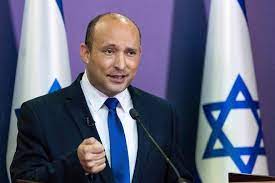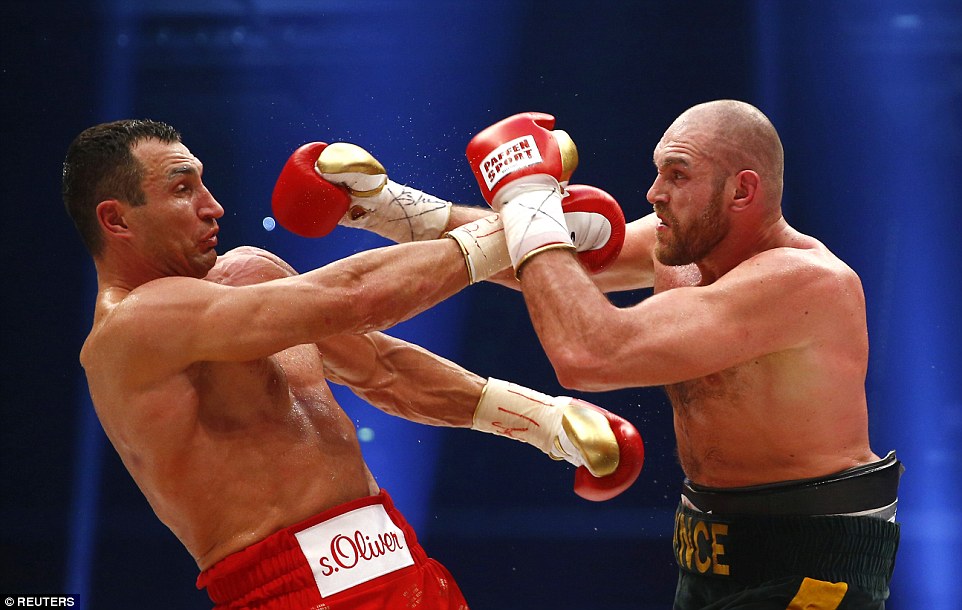A new Israeli coalition government led by commando-turned-tech entrepreneur Naftali Bennett ended Benjamin Netanyahu’s 12-year run in power, but now faces the difficult tasks of reviving an economy battered by the Covid-19 pandemic and preserving a fragile cease-fire with Palestinian militant group Hamas.
Mr. Bennett of the right-wing Yamina party took over as prime minister Sunday after his new, wide-ranging coalition was backed by 60 lawmakers in the 120-member Knesset, ending months of stalemate. Fifty-nine lawmakers voted against his coalition and one abstained.
Mr. Bennett, 49, is taking power at a delicate moment in Israel’s history. Four inconclusive elections since 2019 have left the country deeply polarized, and Mr. Bennett and his allies must mend those rifts while confronting a swath of divisive issues, ranging from the construction of new settlements and empowering the country’s Arab citizens to state assistance for ultra-Orthodox Jews, if he is to keep his alliance intact.
“We will work together…to mend the rift in the nation and immediately get the country functioning normally again after a long period of paralysis,” Mr. Bennett said after the vote.
He said his government “will work for the sake of all the people”, adding that the priorities would be reforms in education, health and cutting red tape.
Mr Bennett will be prime minister until September 2023 as part of a power-sharing deal.
He will then hand power over to Yair Lapid, head of the centrist Yesh Atid, for a further two years.
Mr Netanyahu – Israel’s longest-serving prime minister – will remain head of the right-wing Likud party and become leader of the opposition.
During Sunday’s debate in the Knesset (parliament) in Jerusalem, a defiant Mr Netanyahu promised: “We’ll be back.”
US President Joe Biden sent his congratulations to Mr Bennett, saying he looked forward to strengthening the “close and enduring” bilateral relationship.




